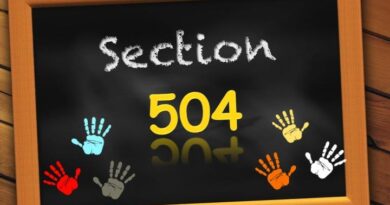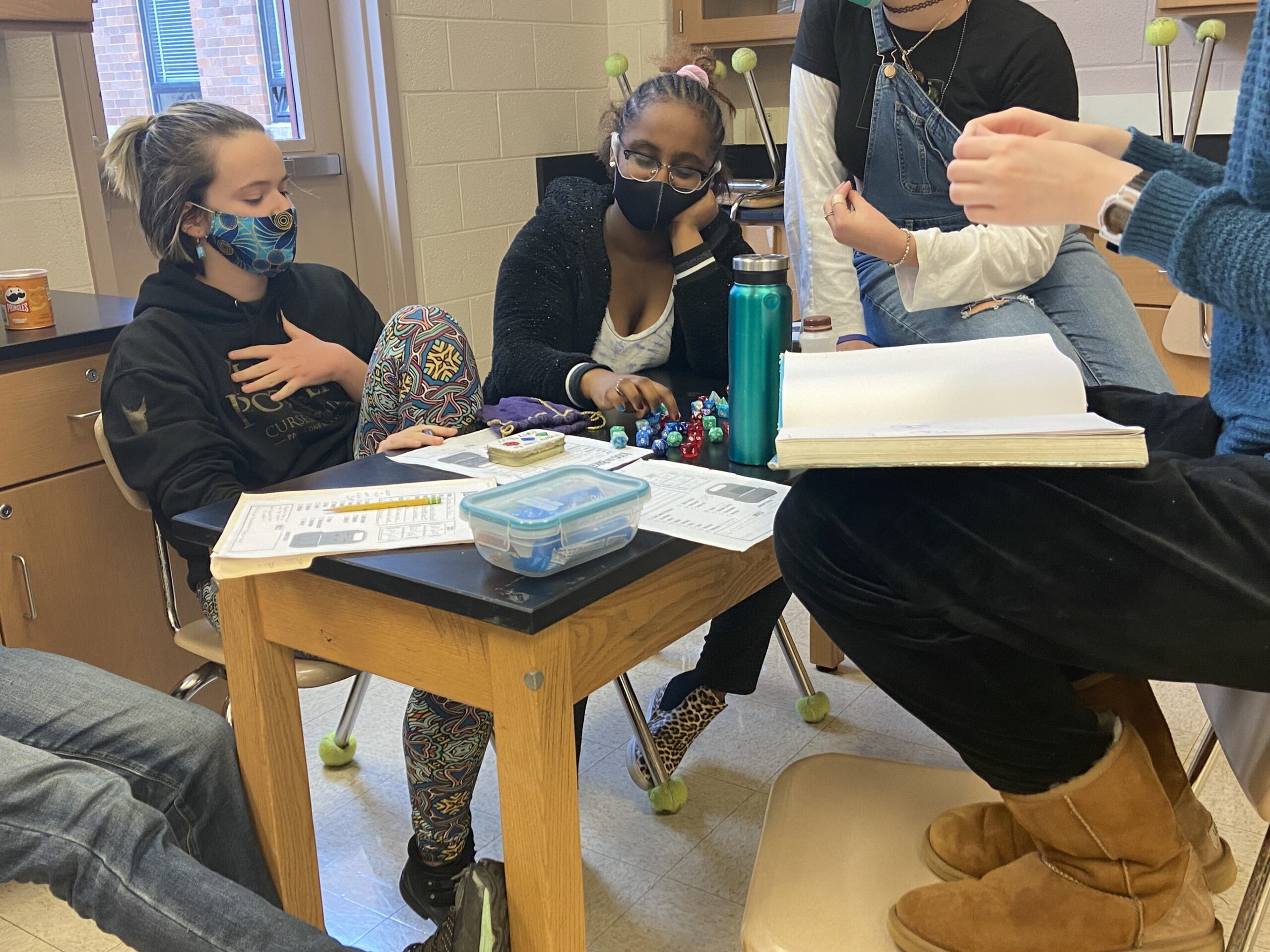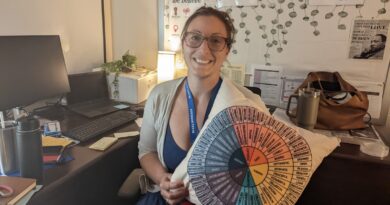How Does the Blake Community Feel About Advisory?
Advisory, based on the philosophy of Restorative Justice, was implemented back in 2020 during the online school year in order to improve mental health in students. Despite school life returning to relatively normal, Advisory has persisted into the last two school years with a slightly altered objective: to improve overall school climate, relationship building, self-care, and academic awareness.
With the first mostly normal school year in swing, students and staff have opinions on Advisory.
Q: What is your general impression of advisory?
Senior Nicolas Blom: “I don’t think it’s useful. We kind of just sat there. Oftentimes we don’t even participate in advisory.”
Junior Maria Zimmerman: “I believe it reinforces things that we already know, and it’s kind of an excuse to say they’re trying to promote mental health and whatnot when they genuinely don’t provide or promote other more effective resources when they could. Instead they just do a 30 minute session or however long every Thursday, and when you ask “but are you offering services?” they say “well just go to the counselors, get in touch with your counselors’ ‘ but it’s very uncomfortable. A lot of teenagers are very shy about their mental health issues, and for them to reach out to a counselor or somebody is just not realistic.“
Ms. Berrios: “I think that at first it was something new to teachers that was another added responsibility that we needed to do and so a lot of us were apprehensive about it, and the lessons you know we were a little afraid we would have to create the lessons ourselves and so that would be another added responsibility to our plate but I’ve kind of taken it into a different perspective and and I’m taking it as a time where students can build connections with each other and with teachers in a way that isn’t academic in a way and so I try to frame it that way where, you know, I tell them I ok like I do teach spanish and so I’m always talking in spanish so I shut that off and I say ok I’m going to speak english now and I try to talk to them more, in a way where like, if I were a student too so that they feel like ok well if Ms.Berrios is doing it then I can do it too and so now I see advisory as a great opportunity for students to kind of decompress, destres, to express their concerns, and for me to check in on their mental health as well which is very important as a teacher.”
Q: What do you think has been going well with advisory?
Senior Nicolas Blom: ”I don’t know. I honestly don’t see a point to advisory a lot of the time. I guess it’s a break between classes”
Junior Maria Zimmerman: “Well, I would say I’ve got to meet a lot of new friends but I wouldn’t say it’s because of the actual topic being discussed, it was more so because it’s like freetime in some sense. We do talk about it but then we just debrief into something else really quickly.”
Ms. Berrios: “I think that it’s a little bit less structured which I like. There’s a little bit more flexibility with the lessons; it’s not so scripted. Last year we had scripts to read off of and it’s very inauthentic and that really, I feel like makes students feel like they’re not able to connect to what’s being said cuz it’s not really coming from a teacher’s perspective it’s like the script that we aveto read off of.”
Q: Do you feel that advisory is achieving its intended purpose of improving mental health for young people?
Senior Nicolas Blom: “No. I don’t think it achieves that purpose simply by… it just doesn’t help people. People don’t really want to participate in advisory, and in most of the classes I’ve had advisory in people don’t really want to participate either so they don’t end up talking about how they actually feel. It’s just something the teacher wants to get out of the way so they can move on to whatever they actually want to do.”
Junior Maria Zimmerman: “No, absolutely not. It’s the opposite in a sense. By that I don’t mean it’s decreasing mental health, but opposite in the sense that it has no effect.”
Q: If you could, how would you change the advisory?
Senior Nicolas Blom: “Maybe using it more as a time period for people to catch up on work if they’re severely behind, either in the class where they have advisory or in any other class, and maybe to deliver important information. I think a break would be more effective in improving mental health rather than some forced community circle or something.”
Junior Maria Zimmerman: “I understand the purpose, but it doesn’t have a realistic mindset. It isn’t accessible to everyone. It’s built for somebody outgoing, who’ll willingly go up to their counselor and be like “hey these are all my problems. Can you help me?” but that’s not how it works for most people. I feel like if you’re going to genuinely try and improve a student’s mental health don’t just have 30 minute sessions once a week, but everyday. Having a little something more frequently would be more impactful. It doesn’t even have to be long since our attention spans aren’t that long anyway. And when the topic is on mental health don’t make it sound like any typical thing where you’re like “Oh, we understand what you’re going through” and all that stuff, because not everybody’s situation is the same. We could use it to promote more mental health resources, school stuff, and safety. It doesn’t all have to be about mental wellness. We need more relevant topics.“
Q: Have you had any experiences with advisory that stand out to you so far?
Senior Nicolas Blom: “Not particularly”
Junior Maria Zimmerman: “I have not. I would say no.”
Q: Do you have any other ideas for connecting students at blake?
Senior Nicolas Blom: “Maybe get better access to mental health resources overall. I mean, school does have some but it’s very limited and most students don’t even know about it.”
Junior Maria Zimmerman: “I feel like something that stood out to me was when I had to go to a mental health week thing for my English teacher, and he told us to make a page where we promote positivity because of what was going on about trolling and bullying online with Blake students. I feel like, you know, a lot of people aren’t willing to open up about things because vulnerability is a really hard thing for people in this school, for young people. We don’t want support from people who don’t know or people who we can tell don’t care. We don’t ant to say everything. That’s not what we want to do. I feel like just seeing something positive would make people feel more inclined, maybe later on, to become more vulnerable with their friends. Maybe creating an Instagram account or social media outlet where it promotes positivity would foster a better school climate.”




